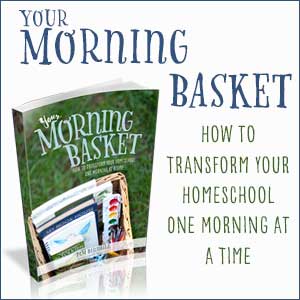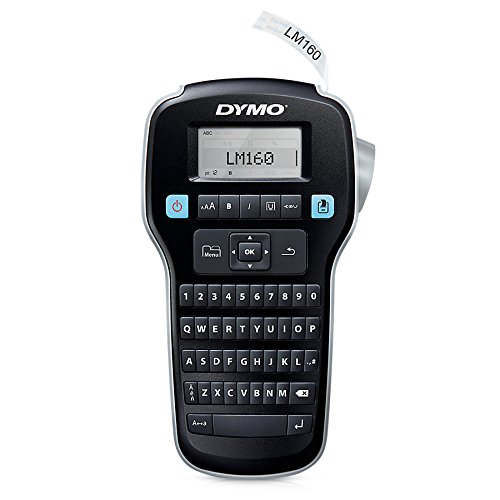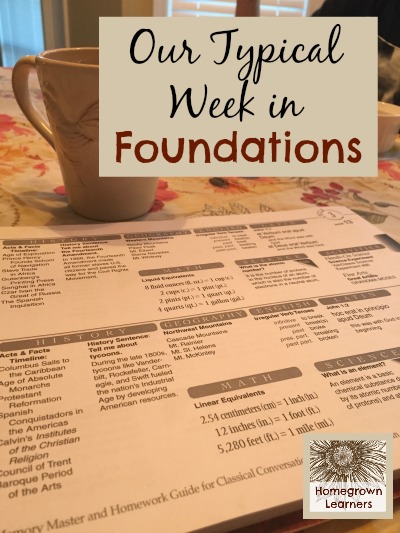Seeing my children through all levels of Classical Conversations has given me a thorough understanding of not only Classical Education, but also Classical Conversations.
I firmly believe this program - through its emphasis on grammar in the younger ages, logic in the middle grades, and rhetoric in the upper grades - prepares our children to be THINKERS, LEARNERS, and ultimately world CHANGERS for the glory of God.
When children first begin Foundations I believe the CC memory work (along with reading aloud, a reading program and a math program) is ENOUGH. (Ok, maybe if you wanted to do something beautiful and memorable like Five in a Row that would be ok, too - but only because I just adore Five in a Row so much!)
As our children get to be older, however (I'm thinking 3rd-6th grades), they sometimes need a bit MORE. Over the years we've come up with simple additions to Foundations that have kept my child engaged, inspired, and learning. Each of these directly relate to the memory work - or to the eventual things he will be learning in Challenge (you see, I have the benefit of also having an older child that has been in Challenge).
Foundations is definitely what you make it, and I have found the memory work has laid a rich "foundation" on which can expand our horizons. As we wrap up our final year in Foundations I am excited for the future and know my son is WELL prepared for Challenge A!
1. Self-Paced History
It's been a GOOD thing to have an area of our day that my son can complete ALONE.
Veritas Self Paced history courses supplement the history memory work in Cycles 1 and 2 quite nicely. (To my knowledge there isn't a self paced American History course for Cycle 3, but any of the self paced Bible courses are great just on their own.)
The courses are engaging, entertaining, and I cannot tell you how many times during the day my child spouts off something he has learned from the course.
There are quizzes to check their learning, and you can also purchase the Veritas history cards to go along with the program. The lessons also include maps and timelines.
The past couple of years we have also followed the recommended readings for the history courses and used them for read alones and read alouds throughout the year. The Veritas Pages of History books also go along with the history courses - but they are great to just read alone, too.
By using the Self Paced history courses I eliminate a lot of work for myself and also know history is getting covered WELL - plus I don't have to hunt around for books to read, either.
2. Notebooking
I've written a lot about notebooking through Foundations memory work.
Basically, at the beginning of the year I go through Notebooking Pages (my favorite resource for Notebooking Pages on the web) and print pages that pertain to the memory work. (You can see an example of our history notebook here or in the video below.)
Keep in mind, we notebooked through history the year before we started Veritas history -- I don't think you could do both of these at the same time. We do, however, notebook now through the science memory work, so you can take the same principle from the video and apply it to science, fine arts, and anything else you would like.
Notebooking gives my tactile son a chance to research and write about areas of the memory work that interest him. It also gives us something for presentations each week, too!
I also love notebooking because it provides a scrapbook of our learning and something tangible for my kids to be proud of.
Notebooking Pages is my favorite resource for this because it's ALL IN ONE PLACE. I don't have to go hunting through CC Connected or other places online to find the pages - it's all right there for me, and this is huge. I'm sure you could probably hunt around to find notebooking pages on CC Connected or on the web, but I try to make good use of my time, and the lifetime membership to Notebooking Pages has been a great investment.
3. Map Tracing
You would think I've bought stock in Sharpie if you came to my house! I'm not sure what we would do with Sharpies, tracing paper, and our maps that we trace.
(See Map Tracing Tips and Tricks to learn more!)
Again, I have a video that will show you our geography notebook - which includes our maps to be traced.
Over the years I have located maps on CC connected because they are labeled and really help us commit to memory the locations.
I do, however, also use the maps on Notebooking Pages because they are beautifully done and there are quite a variety of them as well. Once again, my Notebooking Pages membership pays off.
Here is a recent tracing my son did for Cycle 2, Week 15 - Middle East Countries. He traces the weekly map 2-3 times in that week and it seems to really cement the locations for him.
4. Art for Kids
The drawing component in Foundations really struck a chord with my then 3rd grader, so I began to look for ways to fuel his love of drawing.
Enter Art for Kids - a free site with drawing tutorials! (There is a $2.99 monthly membership option but right now we just use the free materials available.)
Many times there will be a tutorial that pertains to the memory work in some way, or other times my son just looks for a tutorial that interests him and uses that for presentation. It's honestly been a good filler in our homeschool - especially as I have been working with my Challenge student.
Art for Kids is set up on the iPad and can occupy Grant literally for HOURS, and he's learning so much.
Check out his latest drawing - which he wants to use as part of his Faces of History presentation (He is Leif Eriksson.)
5. Morning Time
I've saved the best for last.
Morning Time has been the single best thing we have done in our homeschool. It gives us truth, beauty, and goodness in each day. It gives our day the positive start it needs. It has made a lasting impression on all of us.
Ever since I learned about Morning Time from my friend Pam (who is the Morning Time guru, by the way), we have been using our Morning Basket each and every day.
Basically our Morning Basket consists of:
- Memory Work Flipbook (downloaded from CC Connected)
- Devotional
- Latin -- we LOVE Getting Started with Latin!
- Art Appreciation books
- SQUILT Music Appreciation lessons
You can see an example of our morning basket for Cycle 2.
If you want to make things very simple, Pam has created simple Morning Time plans by season. They are lovely and give you a great smattering of art, music, poetry, Bible and more. They don't coincide directly with the CC memory work (yet!), but I've heard that might be coming soon.
I have learned that Morning Time doesn't have to be anything fancy, just a set aside time when you can expose your children to memory work, devotions, some art or music, and whatever else you would like emphasize with your family. It is a routine that grounds us and shapes our days, and I am so thankful for it.
I hope these 5 Ways to Supplement Foundations has been helpful to you.
Remember, none of them are NECESSARY for a successful Foundations experience, but I have found they helped me keep my bright and energetic Foundations students more engaged (and therefore out of trouble!).
Resources to Supplement Foundations
I mentioned a lot of things in this post -- here are links to the various supplies and products I talked about:



































